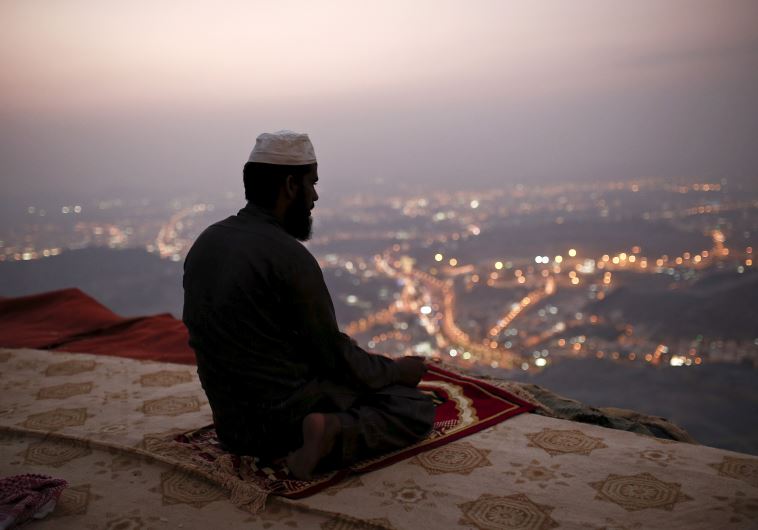US welcomes Saudi Arabia’s leadership role on UNHRC advisory group
The United States said this week it was pleased to hear of Saudi Arabia’s leadership role on a United Nations Human Rights Council advisory group.
 A Muslim pilgrim prays atop Mount Thor in the holy city of Mecca ahead of the annual hajj pilgrimageUpdated:
A Muslim pilgrim prays atop Mount Thor in the holy city of Mecca ahead of the annual hajj pilgrimageUpdated: